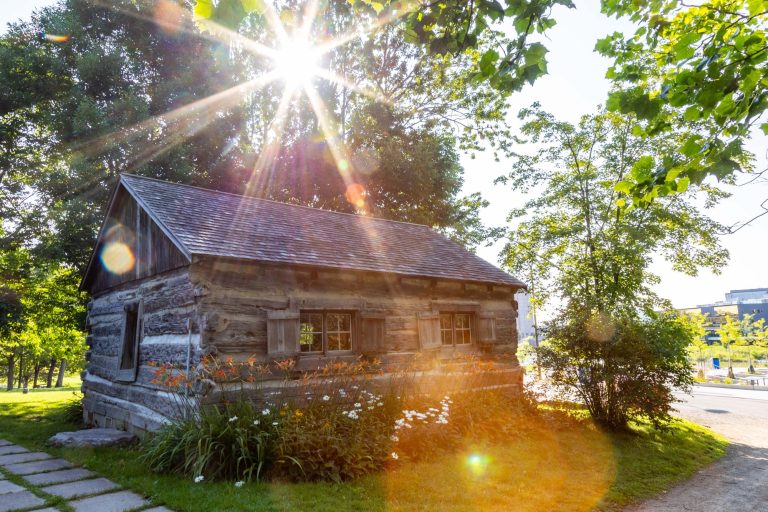Peggy Plet, a local author and researcher, explores the history of Black residents in the region.
On July 11, Plet gave the audience at a meeting of the Waterloo Historical Society an introduction to some of those people. The talk was called “Searching for Black Residents in Kitchener-Waterloo”.
“My goal is to raise awareness. There were other people here,” Plet said. “The narratives are here, they just need to be uncovered.”
Plet shared her research to date on the lives of Black residents in the region, including some of the sources of information and the challenges involved in doing this research.
Plet accesses census records; military registration cards; marriage, birth and death certificates; and the Waterloo Region Generations database. These provide her with a name and perhaps a religious affiliation and/or occupation—these are starting points to looking into the lives of the residents. These are starting points.
“It’s the local newspaper articles that make them more lively, give context to an individual’s life,” Plet said.
Plet is an active participant in local conversations on diversity, equity and inclusion. She emphasizes that the sense of belonging is equally as important.
“Knowing that there have been Black residents in Kitchener before me empowers me and gives me strength during difficult times. The early Black settlers have undoubtedly faced many challenges here and if they have overcome this, I can do it too,” Plet said.
Records reflect the different ways of thinking of people in the past. For example, work traditionally done by women was not considered valuable and thus not recorded. Freedom seekers used English names, so unless ethnicity is also noted, mistaken assumptions of race occur and have occurred. Moreover, as enslaved people were not permitted literacy so few had the chance to record their own histories.
Peggy is also working on an exhibition on Berlin’s early Black settler Levi Carroll, who came to Canada via the Underground Railroad. This exhibition will appear at the City of Waterloo Museum in summer 2024.
Carroll lived next to Kitchener-Waterloo Collegiate Institute and his story centres around the schoolhouse which is now in Waterloo Park, as well as the years he spent at the House of Industry and Refuge due to his extreme poverty.
“I’d like to shed a different light on his life during the fifty years he has lived here. Thus far his life has been narrated by others, but what would Levi Carroll have said about who he was and what he would like people to know about him?,” Plet said.
As noted by an audience member, there is nothing here to mark the presence of Black people in this region in the mid to late 1800s.
The Wellesley Township Heritage and Historical Society will unveil a plaque near Hawkesville on Aug. 26 to commemorate an Emancipation Day picnic held on Temperance Island in the Conestogo River on Aug. 1, 1863. The picnic was a celebration that included a band and was attended by about 2,500 people, 1,000 of them from Ohio.

